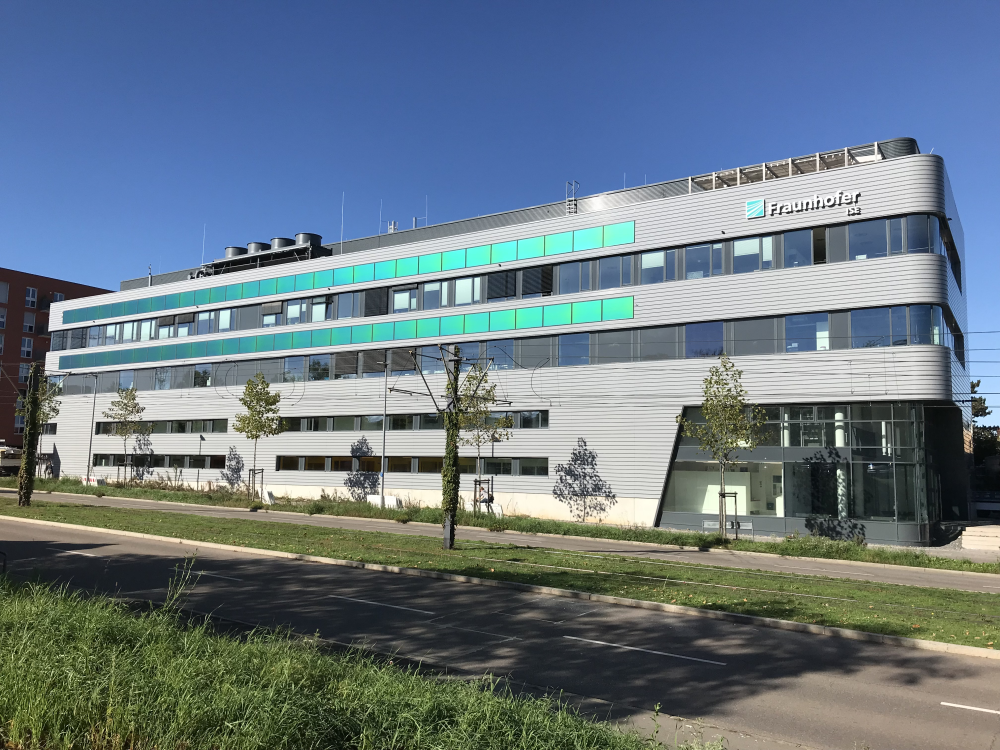| Duration: | 06/2024 - 05/2026 |
| Contracting Authority/ Sponsors: | Federal Ministry for Housing, Urban Development and Building (BMWSB) and the Federal Institute for Research on Building, Urban Affairs and Spatial Development; Research funding ZukunftBau |
| Project Partners: | Institut für Bauen und Umwelt e.V. (IBU) |
| Website: | Zukunft Bau: PCR4PV |
| Project Focus: |
PCR4PV
Further development of product category rules (PCR) for environmental product declarations (EPD) of PV applications
The expansion of rooftop PV and BIPV systems is increasing - and therefore also requires a systematic regulation for assessing the environmental impact of such systems.
In the "PCR4PV" project, Fraunhofer ISE is researching the further development of product category rules (PCR), which form the set of rules for the creation of environmental product declarations (EPDs) for PV modules and PV applications.
EPDs (Environment Product Declarations) provide information on the environmental impact of products used in the construction industry over their entire life cycle. This enables a holistic assessment of the sustainability of buildings. In many countries and regions, EPDs are a prerequisite for public tenders and construction projects. As EPDs are type 3 ecolabels, neutrality and an independent, scientific review of in-depth environmental data are important criteria for their determination.
Although so-called PCRs (Product Category Rules) are already available for the creation of EPDs for PV modules and PV systems, these are currently not comprehensive enough to obtain harmonized EPD results for PV modules or PV rooftop and BIPV systems. Standardized assessments, both product-specific and use-specific, are also not yet complete with the existing rules and are only possible under harmonized conditions.
As part of the "PCR4PV" project, Fraunhofer ISE is working together with the Institut für Bauen und Umwelt e.V. (IBU) to close central definition gaps in existing PCRs at the PV module and system level. This should enable PV and BIPV module manufacturers, as well as architects, building owners and engineers and auditors for certification systems for building sustainability (e.g. DGNB, LEED, BREEAM) to carry out comprehensive and detailed life cycle analyses for PV products in the building envelope in the future.
